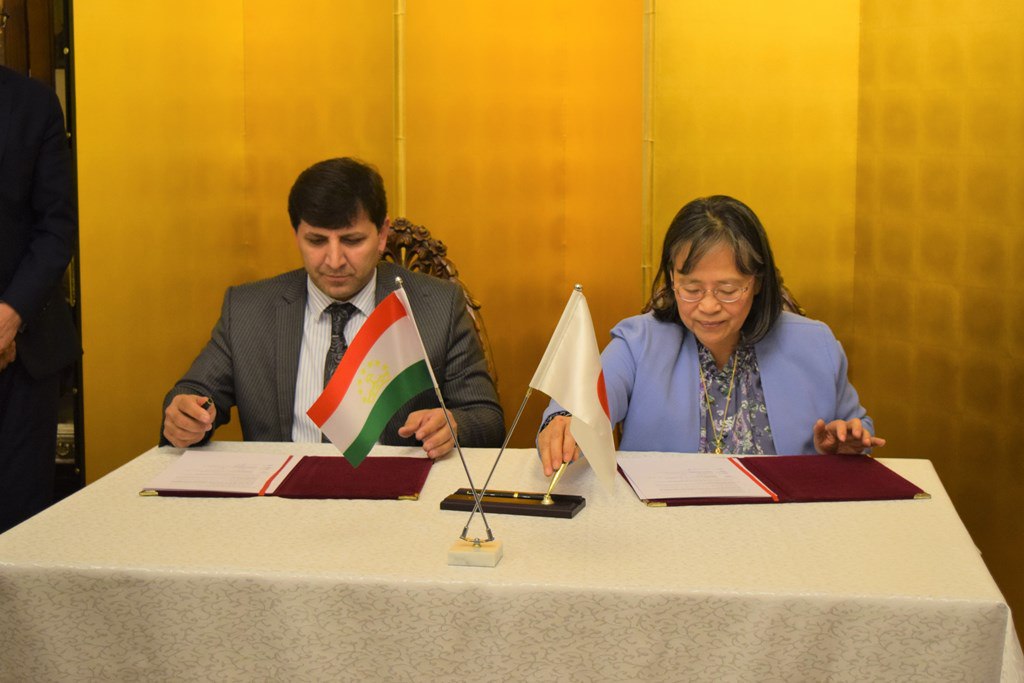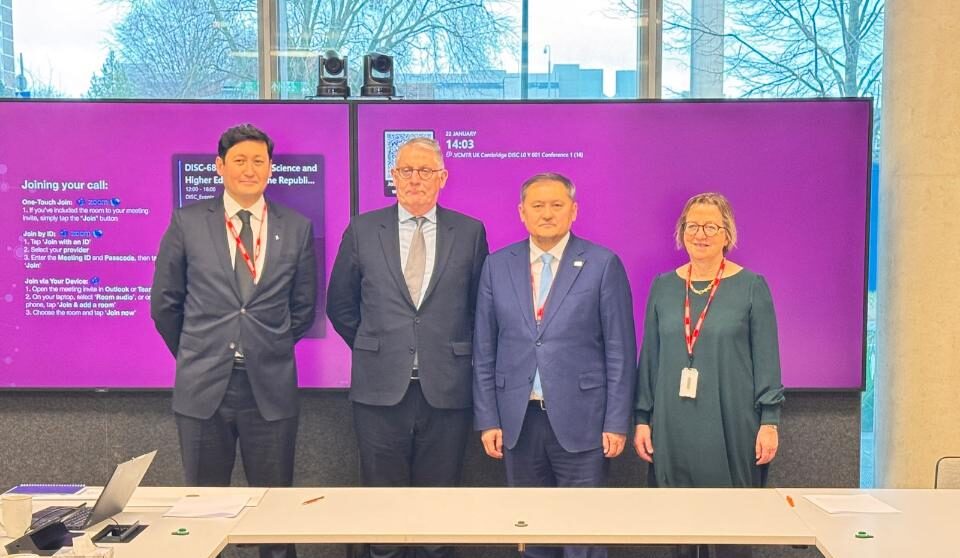Law enforcement agencies in the Mary Velayat district have initiated crackdowns on citizens engaging in the unauthorized sales of medicines,Radio Azatlyk has reported. While these actions target what authorities deem to be illegal, individuals conducting the trades in remote areas argue that they’re simply filling a crucial gap in essential healthcare access.
Sellers in remote villages assert that they offer commonly used medications like analgin and paracetamol, which, to their understanding, don’t require a doctor’s prescription. These traders claim to have procured these medicines from city pharmacies and to simply be reselling them at a slight markup in areas lacking facilities.
“Our village lacks pharmacies. Ambulance services have substantial delays, sometimes failing to arrive. People turn to us for antipyretics when they’re stricken with a fever at night. We offer a service that pharmacies don’t provide. We aren’t breaking any laws,” emphasized one villager engaged in medicine sales.
Another trader echoed this sentiment, stating, “We’re simply providing a service to our community.” Moreover, these merchants assert that they inform local district police officers about their activities, believing this communication suffices as adherence to the regulations.
However, plainclothes police officers have been actively involved in operations targeting this unauthorized trade. During these raids, authorities confiscate medicines and detain the traders, issuing substantial fines.
The scenario underscores a wider issue of inadequate medical facilities and pharmacy access in rural areas. Rural residents complain about delayed and inadequate ambulance services, exacerbating their struggle to access essential medical aid. Shortages of crucial medicines in both rural and urban pharmacies have been recurrent issues in Turkmenistan. Inconsistent availability of medications was reported earlier this year, highlighting a systemic challenge. Additionally, instances of medical professionals capitalizing on pharmaceutical shortages for extra profits surfaced in December of the previous year.
Trading medicines in Turkmenistan requires the possession of a valid license, and according to local legislation, sales should be conducted exclusively by individuals with a secondary or higher pharmaceutical education. This tension between unauthorized sales and healthcare gaps in remote regions presents a complex challenge in need of resolution.









